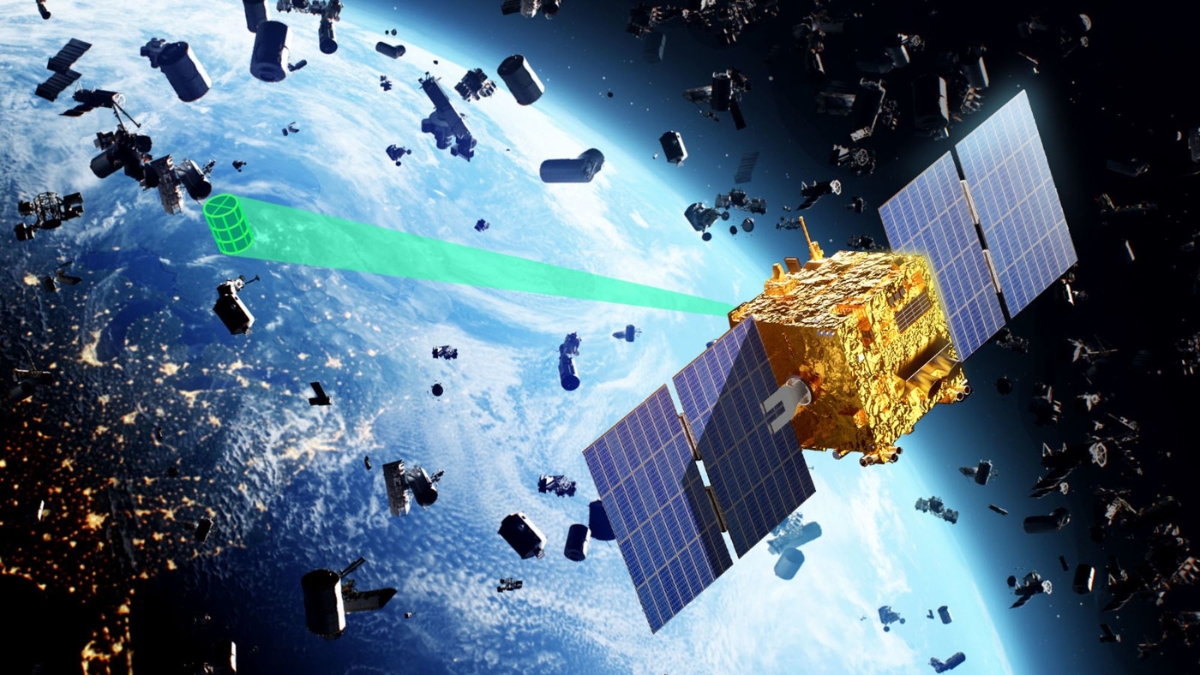Scientists Want the UN to Take Care of the Planet’s Space Junk Problems

An international group of researchers is pushing for the United Nations to include the protection of Earth’s orbit as part of its sustainable development goals. This call comes from experts at NASA’s Jet Propulsion Laboratory, the University of Plymouth in the U.K., and the University of Texas at Austin, Space.com reports.
They argue that adding space protection to the UN’s Agenda for Sustainable Development could help safeguard space from increasing human activity.
Over the past 15 years, the number of satellites in orbit has skyrocketed, largely due to the rise of megaconstellations—large groups of small satellites that provide services like internet connectivity. Just a decade ago, there were fewer than a thousand satellites orbiting Earth.
Now, that number has grown more than tenfold, and it’s expected to keep climbing. When satellites complete their missions, they often turn into space debris, which can cause dangerous collisions and add to the growing cloud of debris in space.
Experts argue that Earth’s orbit, much like the oceans, is becoming a finite resource. The problem of space debris could lead to Kessler syndrome, where debris from collisions causes even more debris, creating a chain reaction. This makes it harder to operate spacecraft or launch new ones.
Melissa Quinn from Slingshot Aerospace highlighted that protecting space isn’t just about the environment—it’s about making sure the systems we rely on, like communication and navigation, stay safe and accessible for future generations.
A critical part of the proposal is that space protection should be tied to the UN’s existing sustainable development goals, such as SDG No. 14, which focuses on protecting marine life from pollution. Researchers believe lessons learned from ocean pollution could help prevent the same mistake in space.
Currently, there are more than 40,000 pieces of space debris larger than 4 inches, and nearly 130 million fragments smaller than a centimeter. These pieces travel at incredibly high speeds, threatening active satellites and spacecraft.
In fact, satellites in low Earth orbit are experiencing a rise in close encounters with debris, making it clear that urgent action is needed. As more satellites are launched and debris continues to build, the situation could lead to more risks for global infrastructure.
Atmospheric scientists also warn about the potential damage from satellite reentries, which could harm the atmosphere and contribute to climate change. Without global cooperation to address this, space safety will become an even bigger challenge.
Have something to add? Let us know in the comments below!
